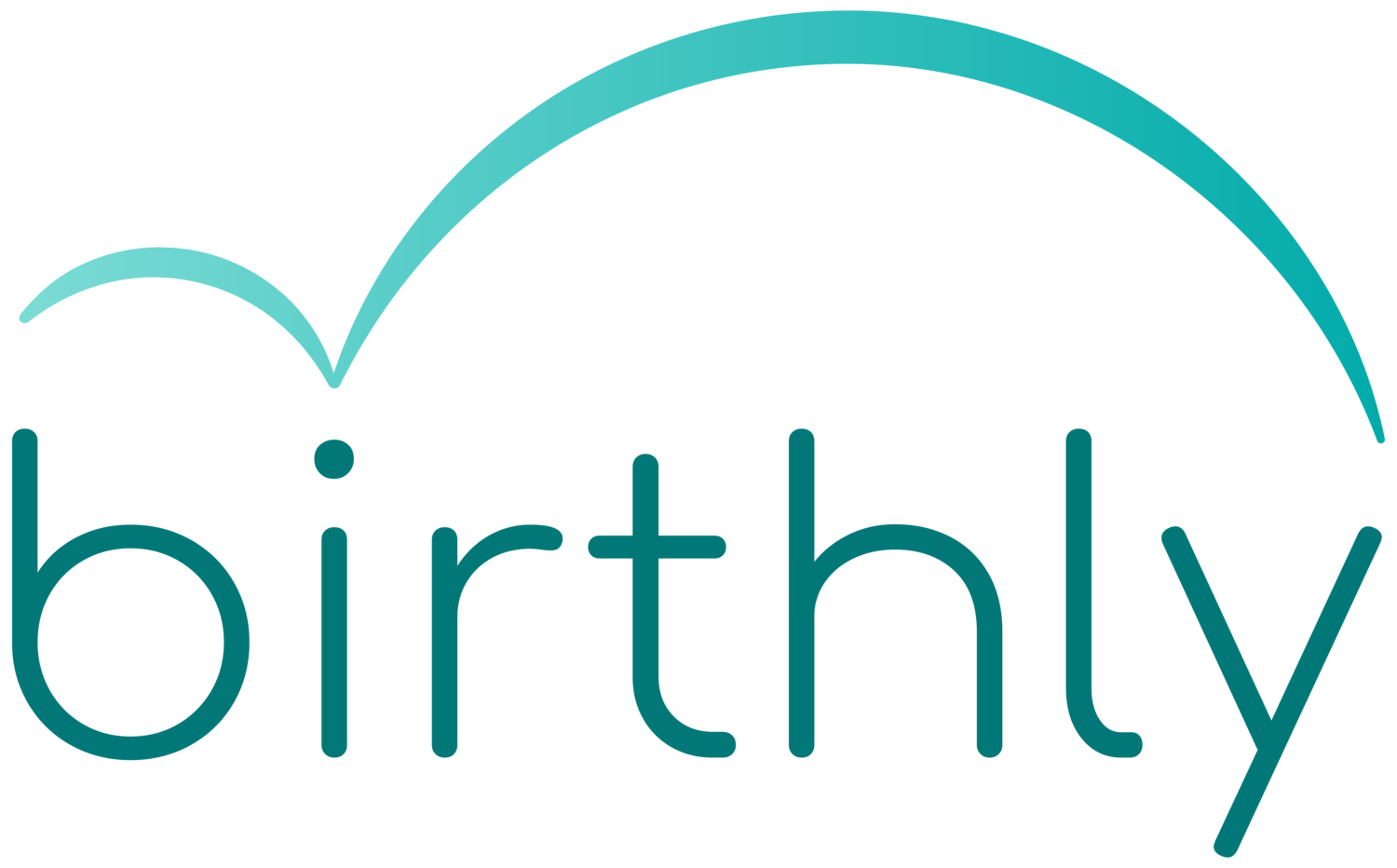14 Weeks Pregnant – Symptoms and What To Expect
At 14 weeks pregnant, you’re finally in the second trimester—a milestone that often comes with some physical relief from early pregnancy symptoms and emotional reassurance that the pregnancy has progressed this far. The chances of miscarriage decrease significantly at this point, and early symptoms like morning sickness may begin to fade. But even with some improvement, this phase of pregnancy brings its own set of changes and questions.
Your body is working hard to support your growing baby, who is now developing more defined facial features, stronger limbs, and functioning organs. You may begin to feel more like yourself again—or you may still be adjusting to the changes of early pregnancy. Either way, understanding what to expect at 14 weeks pregnant can help you prepare for what's next and feel more confident in your journey.
Key Takeaways
Your baby is now the size of a peach—about 3.4 inches long.
You may notice increased energy, visible veins, or mild abdominal discomfort.
Baby’s organs are functioning more actively and facial muscles are developing.
Now is a good time to plan for prenatal classes and future appointments.
14 Weeks Pregnant Symptoms
Pregnancy symptoms around this time often shift from nausea and fatigue to more structural changes in your body. As the uterus grows and ligaments stretch, discomfort in new areas is common.
Common 14 week pregnant symptoms include:
Round ligament pain – Sudden, sharp pains on one or both sides of your lower abdomen.
Increased energy – A welcome change for many after the exhaustion of the first trimester.
Headaches – Fluctuating hormones and changes in blood volume may trigger more frequent headaches.
Mild dizziness – Lower blood pressure and increased blood volume can cause occasional lightheadedness.
Bloating or gas – Your digestive system slows down to absorb more nutrients, which may cause discomfort.
Breast growth – Continued changes in breast size and tenderness as your body prepares for breastfeeding.
Remember: not everyone experiences all of these symptoms, and some may feel relatively symptom-free at this point.
Baby Development at 14 Weeks
Your baby’s development is in full swing, and exciting milestones are happening each day.
Fruit Size
Your baby is now about the size of a peach, measuring roughly 3.4 inches long and weighing about 1.5 ounces.
Facial Expressions
Tiny facial muscles are forming, allowing your baby to make movements like squinting, frowning, and possibly even sucking their thumb.
Hair and Lanugo
Lanugo—a fine, soft layer of hair—begins covering the baby’s body. Eyebrows and scalp hair are also starting to come in.
Organ Development
Organs like the liver and spleen are now functioning, and the kidneys are producing urine. The intestines are moving into place within the abdomen.
Movement and Reflexes
The baby is becoming more active, practicing movements and reflexes. Though you may not feel kicks just yet, your baby is likely stretching, wiggling, and turning often.
Things to Do at 14 Weeks Pregnant
This week is a great time to look ahead and start preparing for the next stages of your pregnancy.
Schedule Upcoming Appointments
If you haven’t already, book your 20-week anatomy scan and talk to your provider about any upcoming blood tests or screenings.
Consider Prenatal Education
Your due date might feel far off, but it will be here before you know it! Think about taking some classes that cover labor prep, pain management, breastfeeding, and newborn care.
Talk About Genetic Testing
If you haven’t already completed first-trimester screening, your provider may offer second-trimester options such as the quad screen or anatomy scan.
Make Space for Movement
Prenatal yoga or walking can be a great way to stay active and ease common discomforts like backaches or swelling. Listen to your body and start slow.
Evaluate Your Wardrobe
As your body changes, you may want to invest in maternity basics. Comfortable clothes can make a big difference in how you feel day to day.
Bottom Line
Hitting the 14-week mark means you’re well into your pregnancy, and your baby is growing quickly. Whether you’re experiencing relief, excitement, or uncertainty, it’s all normal. This stage is a good opportunity to check in with your provider, start planning your birth and postpartum experience, and begin thinking about the kind of support you’ll need. For more information and an opportunity to ask questions, check out Birthly’s online classes.
14 Weeks Pregnant FAQ
What is my baby the size of at 14 Weeks?
Your baby is about the size of a peach, measuring around 3.4 inches and weighing roughly 1.5 ounces.
What should you be feeling at 14 weeks pregnant?
You may feel increased energy, less nausea, and mild abdominal stretching or round ligament pain as your uterus expands.
Can I lay on my stomach at 14 weeks pregnant?
Yes, if it’s still comfortable. Most providers recommend switching to side-sleeping by the second or early third trimester.
What is my risk of miscarriage at 14 Weeks?
Miscarriage risk drops significantly in the second trimester and is less than 1% by 14 weeks.
Can you tell gender at 14 weeks?
Possibly. Blood tests like NIPT can reveal gender as early as 10 weeks, and some ultrasounds may show genital development at 14 weeks, though accuracy improves by 18–20 weeks.
Sources
https://www.acog.org/womens-health/faqs/morning-sickness-nausea-and-vomiting-of-pregnancy
https://www.marchofdimes.org/pregnancy-week-week#14
https://www.acog.org/womens-health/faqs/prenatal-genetic-screening-tests
https://www.acog.org/womens-health/faqs/exercise-during-pregnancy
https://www.acog.org/womens-health/faqs/exercise-during-pregnancy

